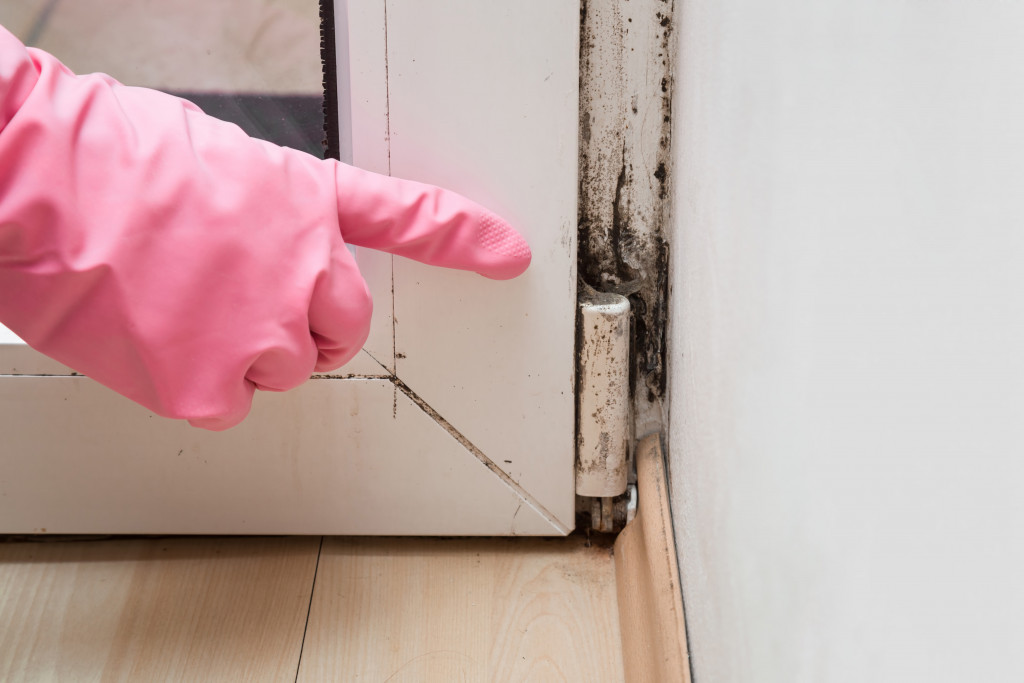There are many dangers that come with living in a polluted and toxic home. In this article, we will provide you with tips on how to keep your home healthy and safe. By following these tips, you can reduce your exposure to harmful pollutants and toxins, and keep your family healthy and happy.

1. The dangers of pollutants and toxic matter in the home
The air inside our homes is often more polluted than the air outside, and this can be a serious health hazard. Indoor air pollution can come from many sources, including cleaning products, scented candles, cigarette smoke, mold, and pet dander. Some of these pollutants can cause respiratory problems, such as asthma and allergies.
Mold and mildew can be serious health hazards, especially for those with asthma or allergies. They can grow in any damp area of the home, such as bathrooms, kitchens, and basements. Mold and mildew release spores into the air, which can cause respiratory problems and other health issues.
Lead and mercury can be found in many common household items, such as cosmetics, batteries, and fluorescent light bulbs. They can also be found in some paints and plumbing materials. Exposure to lead and mercury can cause serious health problems, including brain damage, kidney damage, and damage to the nervous system. It is important to take precautions to avoid exposure to these toxins in the home.
2. Tips for keeping your home free from pollutants
There are many things you can do to reduce the presence of pollutants in your home.
Keep the home clean
Dust, mold, and other allergens can build up in a dirty home. Get rid of clutter to create a more open space that is easier to clean. Keep your windows and doors closed to keep out pollutants from outside.
Many harmful pollutants and toxins can be tracked into the home on our shoes. To reduce your exposure to these pollutants, remove your shoes when you enter the home and leave them at the door.
Vacuum regularly and dust surfaces to keep the level of pollutants low. Carpets can often harbor mold, dust mites, and other allergens. If you are sensitive to these allergens, it may be helpful to remove carpets from your home. Mop floors with a damp cloth.
Vacuum upholstered furniture, mattresses, and pillows regularly. Regularly wash all bedding and linen in hot water. Change curtains regularly.
Remove and prevent the growth of mold and mildew
There are a few things you can do to prevent mold and mildew from growing in your home:
- Fix any leaks or damp areas in your home.
- Use a dehumidifier in rooms that are prone to dampness.
- Keep your windows and doors closed to keep out moist air.
- Avoid using carpets in wet areas.
- Use mold-resistant paint on ceilings and walls.
- Remove wet clothes and towels from the bathroom promptly.
- Clean bathrooms and kitchens regularly.
- Inspect your home for signs of mold and mildew, and take action immediately if you find any.
Use natural cleaning products
Many household cleaning products contain harmful chemicals that can pollute the air and cause health problems. Avoid using harsh chemicals, such as bleach, in your home. Look for cleaning products that are made with natural, organic, and non-toxic ingredients, or make your own cleaning products using recipes that can be found online.
Ventilate your home
Make sure to open the windows and doors when you are cooking, cleaning, or using strong chemicals. This will help to ventilate the home and reduce the levels of pollutants in the air. It will also reduce dampness.
Keep an efficient HVAC system
The home’s heating, ventilation, and air conditioning (HVAC) system help keep the indoor environment clean through air filters. These remove particles from the air, including dust, pollen, smoke, and pet dander. They also remove harmful chemicals and pollutants, such as lead and mercury. It is, therefore, important to replace air filters regularly. Also, use a high-efficiency particulate air (HEPA) filter because this can remove particles as small as 0.3 microns.
The HVAC system must be regularly cleaned and maintained by a professional to prevent the build-up of pollutants. If any problem arises, immediately call for professional air conditioning or furnace repair services.
Use an air purifier
Air purifiers can help to further remove pollutants from the air in your home. They come in a variety of sizes and styles, so you can find one that will fit your needs.
Protecting Your Space
Living in a contaminated and noxious home is dangerous to your health. We have provided you with tips on how to identify pollutants and toxins in your home, and how to keep your home healthy and free from these dangers. By following these tips, you can protect yourself and your family from the harmful effects of indoor air pollution.




